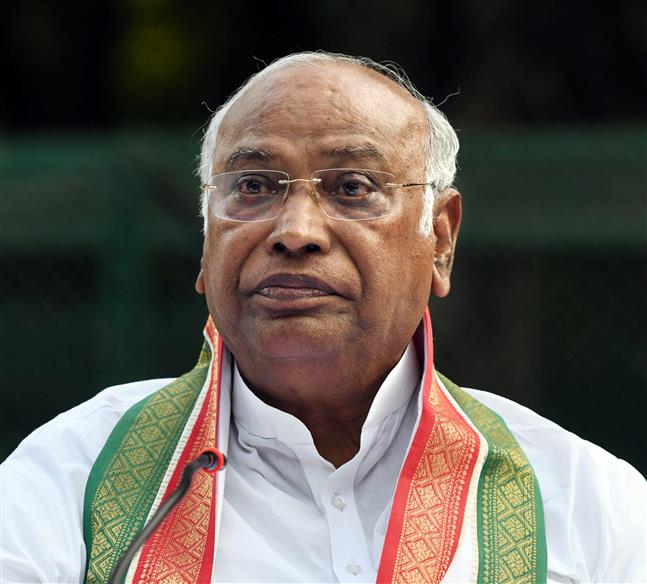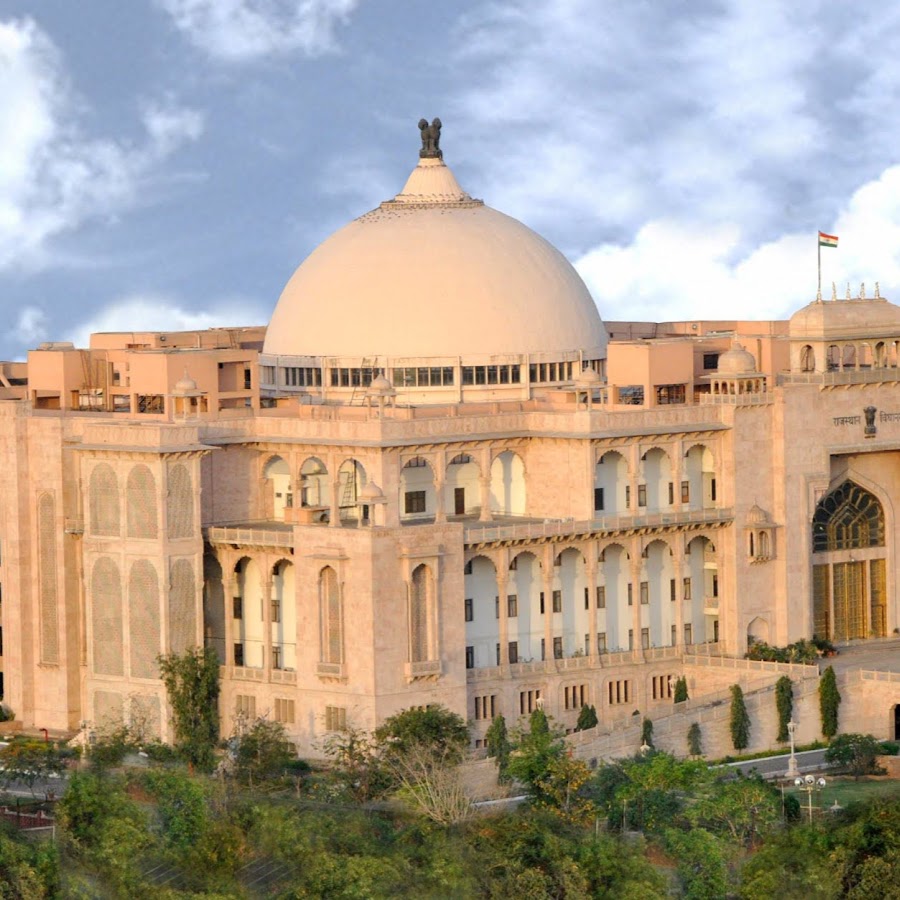Rahul Gandhi will travel more than 6,200 kilometres by bus and on foot during the Bharat Nyay Yatra. It will start from Manipur, pass through Nagaland, Assam, Meghalaya, West Bengal, Bihar, Jharkhand, Odisha, Chhattisgarh, Uttar Pradesh, Madhya Pradesh, Rajasthan and Gujarat and end in Maharashtra. Thus, Congress MP Rahul Gandhi’s journey will pass through 14 states and 85 districts.
Before the 2024 general elections, Congress MP Rahul Gandhi is going to start the Bharat Nyay Yatra. This yatra will start from Manipur on 14th January and end in Mumbai on 20th March.
The reason for selecting 14 states
It seems that the total number of the Lok Sabha seats is the main reason for selecting these 14 states. All in all total of 355 Lok Sabha seats will be covered during this yatra.
Manipur-2, Nagaland-1, Assam-14, Meghalaya-2, West Bengal-42, Bihar-40, Jharkhand-14, Odisha-21, Chhattisgarh-11, Uttar Pradesh-80, Madhya Pradesh-29, Rajasthan-25, Gujrat-26 and Maharastra-48.
Why is Rahul Gandhi starting the Bharat Nyay Yatra from Manipur?
After all, why did Rahul Gandhi choose Manipur for his Bharat Jodo Yatra 2.0? Let us know…
Congress leader Rahul Gandhi’s Bharat Jodo Yatra was first from South to North. Hence it was decided to do Yatra 2.0 from East to West. Rahul Gandhi had to choose the option for the second Yatra.
This journey should start from Parshuram Kund in Arunachal Pradesh, which is surrounded by Rudraksha trees. This could have easily been connected to Rahul’s devotion to Shiva. But, it could have been linked to the religious beliefs of Congress.
But Rahul Gandhi decided to start this journey from Manipur. Because heart-wrenching news and videos have been coming out from Manipur. Through this, Manipur has been chosen so that Rahul Gandhi can launch a strong political attack on the Modi government and its claim of a double-engine government. On the other hand, Hindu sentiments were also taken care of by starting this Yatra on 14th January on the day of Makar Sankranti.
Big message from a small state
A state like Manipur may be small but the message here is big. That is why Rahul Gandhi Yatra will start from here. Opposition party leaders were not associated with Rahul during the Bharat Jodo Yatra in various states including Uttar Pradesh. In this context, the strategy of Congress is to watch how much and what kind of support other parties of ‘India’ will give.
Keep an eye on allies
Rahul Gandhi’s Yatra which is going to take place from Manipur to Maharashtra has a total of 355 Lok Sabha seats. At present Congress has only 14 seats out of 355 seats. If added all the seats of the “Indi” alliance the total is 67 seats. Moreover, Rahul Gandhi’s vision through Nyay Yatra will have at least 200 seats.
Rahul Gandhi’s journey is also going to pass through West Bengal, Bihar, Jharkhand, Uttar Pradesh and Maharashtra. Where there are strong contenders in the ‘Indi’ alliance. In such a situation, there will be an eye on the partner parties.
Challenge strategy through alliance
A strategy to challenge BJP through alliances in states like West Bengal, Bihar and Maharashtra Has been created. Out of 42 seats in West Bengal, BJP had won 18 seats last time. But this time the opposition is mobilizing and working on a strategy to stop the BJP. During this, the stand of Mamata Banerjee and Congress will make everything clear.
Big challenge in Bihar
Rahul’s visit to Bihar to intensify the opposition’s campaign with the Nitish and RJD alliance, but before that, we will have to see Nitish’s attitude. Stopping the record performance of BJP’s victory in the last elections in Bihar is a challenge for the opposition.
According to Congress’s strategy, the strength of the ‘Indi’ alliance with Congress may increase in Maharashtra also. Congress has decided to end its tour in Maharashtra as per a well-thought-out strategy.
That’s why it was named Nyay Yatra
Rahul Gandhi’s Bharat Jodo Yatra was quite popular among the common people. Therefore, the name Nyay Yatra has been given considering the 2024 Lok Sabha elections. Presenting to provide Nyay for everyone who is not getting during the BJP government.
This name has been given so that this Yatra can be associated with providing justice to the expectations of the public. Even though the party is avoiding calling it a political yatra, by naming it Nyay Yatra, it is carrying a political message among the public. If sources are to be believed, Priyanka Gandhi, who named the party’s minimum income scheme ‘Nyay’ in the 2019 elections, played an important role in naming this Yatra as Nyay Yatra.
Priyanka Gandhi will also support Nyay Yatra
Priyanka Gandhi was rarely seen in Bharat Jodo Yatra 1. But this time she will be seen more active in the Nyay Yatra. Party sources say that due to the preparations for the Lok Sabha elections, if Rahul suddenly has to leave in the middle of his trip to attend any election program or meeting, then Priyanka will be present on this trip.
During the Bharat Jodo Yatra, a large number of professionals from film, sports and other fields were seen walking with Rahul Gandhi. In such a situation, this time also the party’s Professional Congress Cell has already released its website and made an open call to all the professionals to join the Yatra.
Reaction to the Bharat Nyay Yatra of Rahul Gandhi
Before Rahul Gandhi leaves for the trip, sharp reactions are coming. Many Hindus and BJP supporters raised questions on social media platforms. While the Congress supporters are supporting Rahul Gandhi. Here are some of the reactions.
Why Rahul Gandhi is not going to start the Yatra from Arunachal Pradesh? Is it because of the secret MoU signed between China and Congress? He will touch 14 states but won’t pass through Arunachal Pradesh and Sikkim bordering China.
Bharat Nyay Yatra in a nutshell… Soros & Co descends as 2024 elections cometh!!
Mamata Banerjee & Kejriwal had done a masterstroke on their part by proposing the name of Kharge ji in the Indi Alliance meeting. Now Rahul Gandhi is going on a Yatra from their states, the eyes of the entire country will be on Rahul and he will be at the centre.












